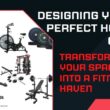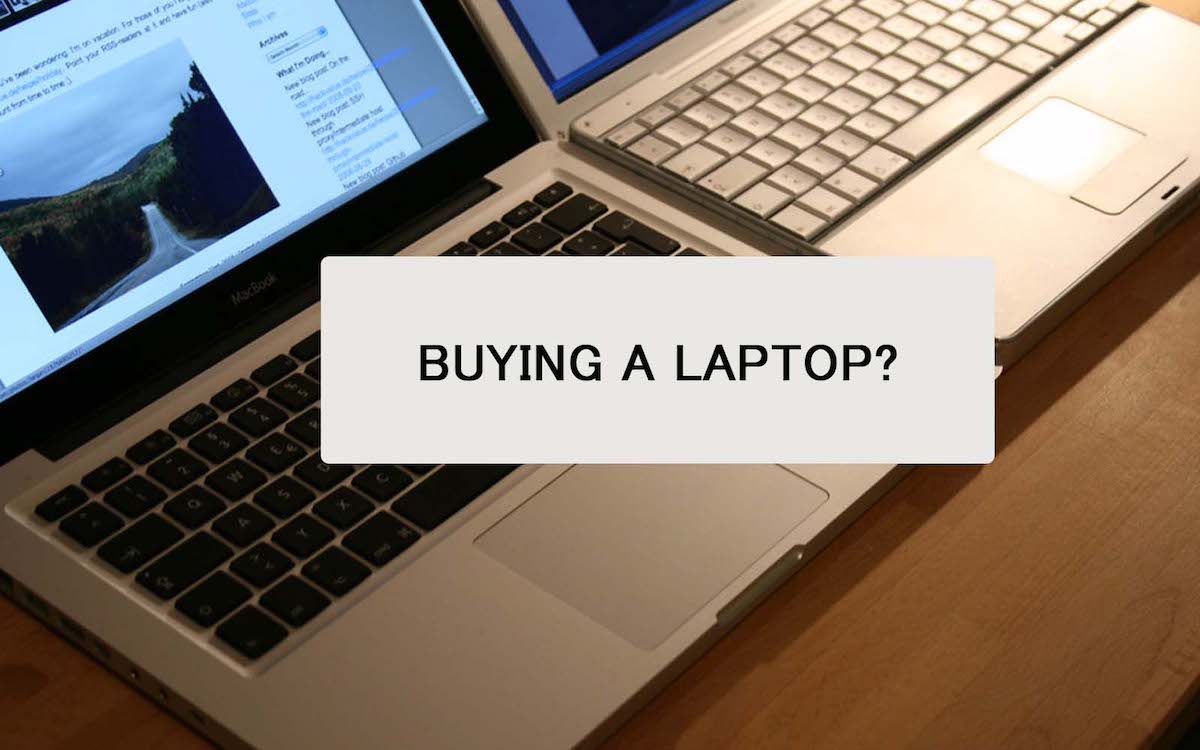Are you planning for buying a laptop that fits your budget and need? Well, which laptop you can buy is not an obvious answer issue. Whether you’re teaching a class, writing a term paper, planning a research project, or just surfing the web, you just need the right laptop to fit your needs and budget. There are just too many different types of laptops to choose from regardless of your price category. The following mentioned are some of the tips that you can consider while buying a laptop.
10 Things You Should Consider While Buying a Laptop
1.Best budget laptop?
Everyone has the purchasing power, but what you should ask yourself before you buy one is how much you can actually spend on buying a laptop. Buying just an expensive laptop does not mean that it will have every feature of your need. If you’re a student, for example, your purchasing power will be weaker than that of someone who works and has a decent salary, right? So you can search for laptops in that particular price range after you’ve determined your budget.
2.Which Laptop size to choose?
The screen size also matters when you purchase a laptop. The sizes of laptops tend to start at 11.6-inches and go as far as 17.3 inches. If portability is your priority, of course, you’re going to want to go for a smaller Windows laptop. They seem to be lighter and thinner than their larger counterparts. Search for laptops with a screen size of either 12.5-inch or 13.3-inch and a weight between 1 kg and 1.5 kg.
Keep in mind, though, the smaller 13.3-inch computers often do not support the same high-end Intel Core i7 CPUs or discrete graphics cards that you can find in their equivalents of 15.6-inch. It will also have a less extensive set of ports most of the time. If a larger monitor or standalone graphics capacity is needed for the type of work you expect to use your new laptop, you will probably need to look at a larger size.
3.Which laptop design to choose?
You should also be looking for an amazing concept as a buyer. While buying a laptop design also matters. Everyone wants something to buy that look great, right? Everyone wants to buy a lightweight, compact, elegant and nice laptop to look at nowadays. Only features do not matter, everybody wants the design of their choice with the latest features. Some laptops have displays that can be bent to 180 degrees and some have screens that can be removed and used as a tablet. Impressive, you know? But note, it’s all at a price.
4.Best display quality for laptop
Since you’re likely to end up looking at your laptop screen hours at a time, you’re definitely going to want to make sure you get a computer that’s easy to look at and use. To get going, you’ll need to decide whether you want a touchscreen for your next laptop. Touch screens are very common these days, and some activities can be made easier than others.
Sadly, they can also give an unnecessary shimmer to the show. Glossy screens give rise to reflections that are definitely negative if you play, watch content or edit photos and video content. You may want to find a laptop that doesn’t have a touchscreen for these purposes. First, make sure to look at the resolution you’re thinking of buying on any device. If you want plenty of space to line up windows and keep things in view, you should find a 1920×1080-pixel resolution (Full HD).
Now also offer 4 K resolutions for choosing new laptops. Such high-end display screens, however, are typically an expensive addition to an already expensive product. For those who really need them, like experts in content creation, they’re just going to be worth it. Photographers and videographers would also like to benefit laptops offering better color quality and allowing a broader range of colors.
5.Best CPU for you
If buying a new laptop, it’s hard to go past any of Intel’s core-based CPUs. Talk about the core i3, core i5, and core i7. For multitasking and multimedia activities, an Intel Core Processor offers the best performance. Core i3-based notebooks are usually found in input-level devices, while Core i5 is the majority of mainstream computers. For those of you who want the best performance from your desktop, core i7-based systems. Note, however, that heat coming through the laptop’s base with a Core i7-based system can be a problem, particularly if you’re planning to use the laptop on your lap a lot of time.
Many larger laptops now also feature i9 Core processors from Intel. Laptops operating on i9 Core processors are even more powerful than i7 Core processors running laptops. These can compete with performance desktops, but these come with a significantly higher cost than a laptop with a core i7, i5 or i3 processor.
6.Which operating system to choose?
While buying a laptop you should also be looking towards the version of the operating system. Windows operating system is offered in various types most of the time, with more costly versions usually providing more features. Of example, there are four different versions of Microsoft’s Windows 10 operating system— Home, Business, Enterprise, School. Each of these editions has a varied list of features to make sure you do some work before you purchase one.
Normally several stores will ask a customer what Windows operating system to install on their computer so make sure you do your homework in advance. Editions with more features are obviously more expensive, so do some study to save some dollars unless you really need a particular feature that is only available in the most expensive edition. For example, Windows 10 Home Edition does not offer a full disk encryption feature called BitLocker, so you should choose other versions if you take hard drive security seriously.
7.Best keyboard quality
You will need to get a laptop with a comfortable keyboard for long typing sessions. nobody wants to get a keyboard that packs under the sun in every key (think keyboards that have squished in number pads) because it can translate into a poor overall user experience when hunting for specifics such as arrow keys or deleting them. You want a keyboard with a comfortable layout that includes full-size keys and some room around the arrow keys. When you let them go, the keys should have adequate downstroke travel and snappy responsiveness. Make sure the keyboard is backlit as well, so you can type in dimly-lit areas with a clearer view of the keys.
8.Long lasting battery life
The battery life quoted by the manufacturer is almost never indicative of what it is like to use a laptop in the real world. If you work or play almost all the time on your laptop, a good battery life is important. A poor battery life will always impede the flow of your work. You should go to laptops that can operate without paying for at least 4-6 hours. There are just too many factors impacting the life of the battery. There’s the brightness of the screen, the size of the screen, the amount of programs running in the background plus whether or not you’re still directly connected to Wi-Fi or Bluetooth devices.
A laptop’s operating system can also play a major role in determining the life of the battery. For this reason, Chrome OS-running ultrabooks and convertibles tend to offer superior battery life compared to those running on Windows 10. When you run programs that require a lot of processing, stream lots of online video, play graphics-intensive games, or upload loads of files over a wireless network, your battery drains much faster than the vendor quoted.
9.Suitable size of RAM and Storage
You’re likely going to want to think about 8 GB as a minimum these days. 16 GB is the way to go if you’re a power-user. Meanwhile, if they want the best experience, gamers should look at dialing things up to 32 GB. Further RAM allows further applications to run concurrently and helps the device to quickly access more data at any time, which is useful for tasks such as editing pictures or video content.
On the other hand, a solid-state drive (SSD) offers much more power than a hard drive, runs silently, and can be built in a form factor that doesn’t add too much to a laptop’s weight and size. Many OEMs have adopted SSD storage as the standard for laptops as a result of these clear benefits.
10.Best build quality laptop
Some laptops will inevitably find themselves, dropped, tossed and knocked around by the rigors of daily use, no matter how careful we are. Many new laptops are rugged to withstand rain and dust in order to counteract this. Some are designed specifically for the harsh educational environments-and come with certifications for military protection. Others can spill liquid weather and rinse cleanly. Either way, it’s worth checking out how much a laptop has been checked (the seller typically crows about it) or whether there’s any kind of certification you can put your trust behind.





